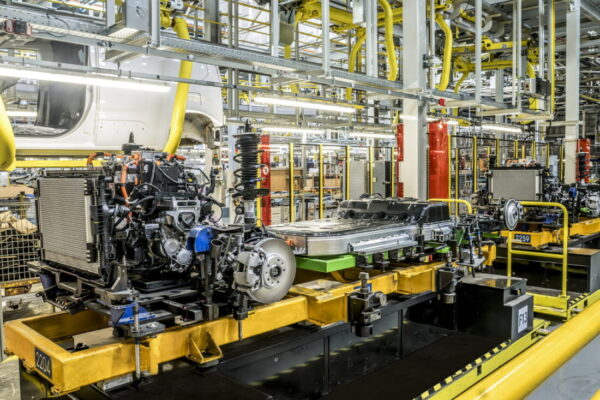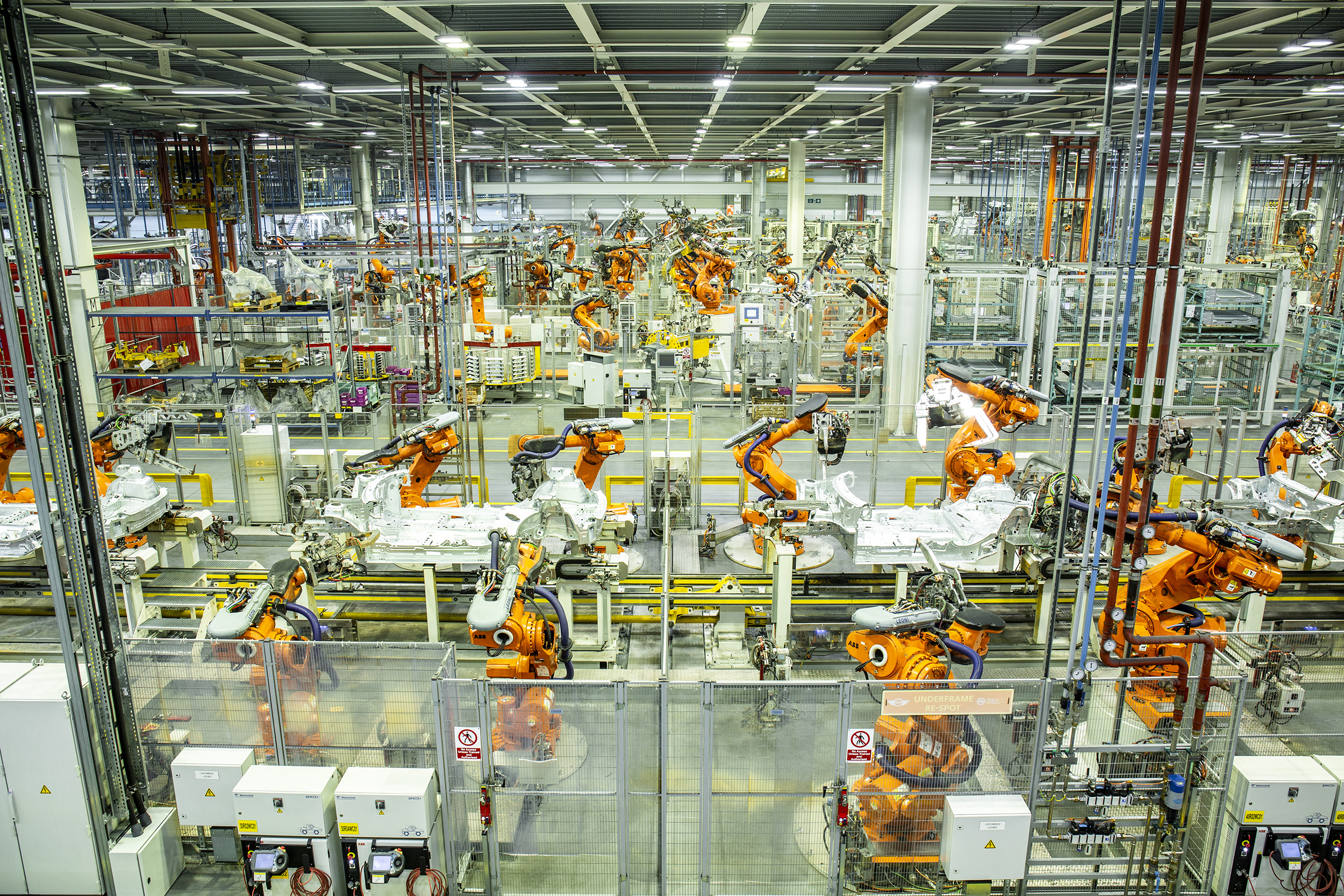- UK average new car CO2 emissions fell 4.2% in 2011 and by over 23% since 2000.
- Direct link between emissions and fuel efficiency shows new cars now 18.0% cleaner than UK average.
- Sub-130g/km cars accounted for almost half the 2011 market (46.8%) versus 10.6% in 2007.
- Lowest VED band ‘A’ cars (sub-100g/km) doubled market share to 3.4% in 12 months.
- Diesel and alternatively-fuelled cars take record shares in 2011, 50.6% and 1.3% respectively.
- Strong long-term industrial policy required to sustain low carbon R&D investment.
- Industry investing heavily in new technologies to meet challenging 2020 95g/km target.
New cars registered in the UK last year were, on average, 18.0% more fuel efficient than the average car on the road, according to figures released today by the Society of Motor Manufacturers and Traders in its 11th annual New Car CO2 report.
Data analysing the emissions of all new cars registered in the UK showed a continued trend in falling emissions and improving fuel efficiency. 2011 emissions fell by 4.2% year on year to 138.1g/km CO2 (equivalent to 52.5mpg), down by more than 23% since reporting began in 2000.
The Report shows that in 2011, almost half of new cars (46.8%) had emissions below the 2015 European legislative target of 130g/km CO2. Additionally, over 65,000 vehicles were exempt from Vehicle Excise Duty (VED) with sub-100g/km cars (equivalent to about 70mpg,) almost doubling their market share to 3.4%.
Reductions in average emissions were made across all segments (car sizes) versus 2010, contributing to the significant drop over the past decade. Executive and Specialist Sports made the biggest reduction over the past year, falling 9.5% and 7.0% respectively on 2010 figures while the Executive (-34.9%) and Mini (-29.9%) segments recorded the biggest improvements against the 2000 levels.
Paul Everitt, SMMT Chief Executive, said, “Industry can be proud of the progress it has made in reducing CO2 emissions and improving fuel efficiency, 23 per cent since 2000. The UK motor industry recognises its responsibilities and the industrial opportunities from the transition to ultra-low carbon vehicles. Future environmental and economic success will be determined by sustained investment in new technology, R&D, infrastructure and consumer incentives. We are seeing steady improvement in conventional technologies and the emergence of a range of alternative technologies, creating one of the most innovative periods for the global automotive industry.”
Achieving record market shares, diesel and alternatively-fuelled vehicles (AFVs) continued their rise in popularity, taking 50.6% and 1.3% of the 2011 market respectively. Petrol-electric hybrids accounted for 92% of all AFV volumes in 2011 with an average CO2 output of 104g/km, some 25% below the UK average. Though market development is in its earliest stages, EV registrations rose by 557% in 2011 to 1,098 units, aided by the introduction of new models and the Plug-In Car Grant.
UK automotive is a global leader for low carbon R&D, productivity and quality, exporting its products around the world. To retain this position and meet the stringent EU legislative target of 95g/km CO2 by 2020, successive governments must commit to a strong long-term industrial policy that provides the certainty required by international firms to sustain investments in low carbon R&D in the UK. Government needs to provide consistency on taxation and maintain and expand incentives like the Plug-In Car Grant, which encourage consumers to move towards low carbon and more fuel-efficient technologies.
The full SMMT New Car CO2 Report 2012 is available to read and download at www.smmt.co.uk/industry-topics/emissions/co2-progress/.


